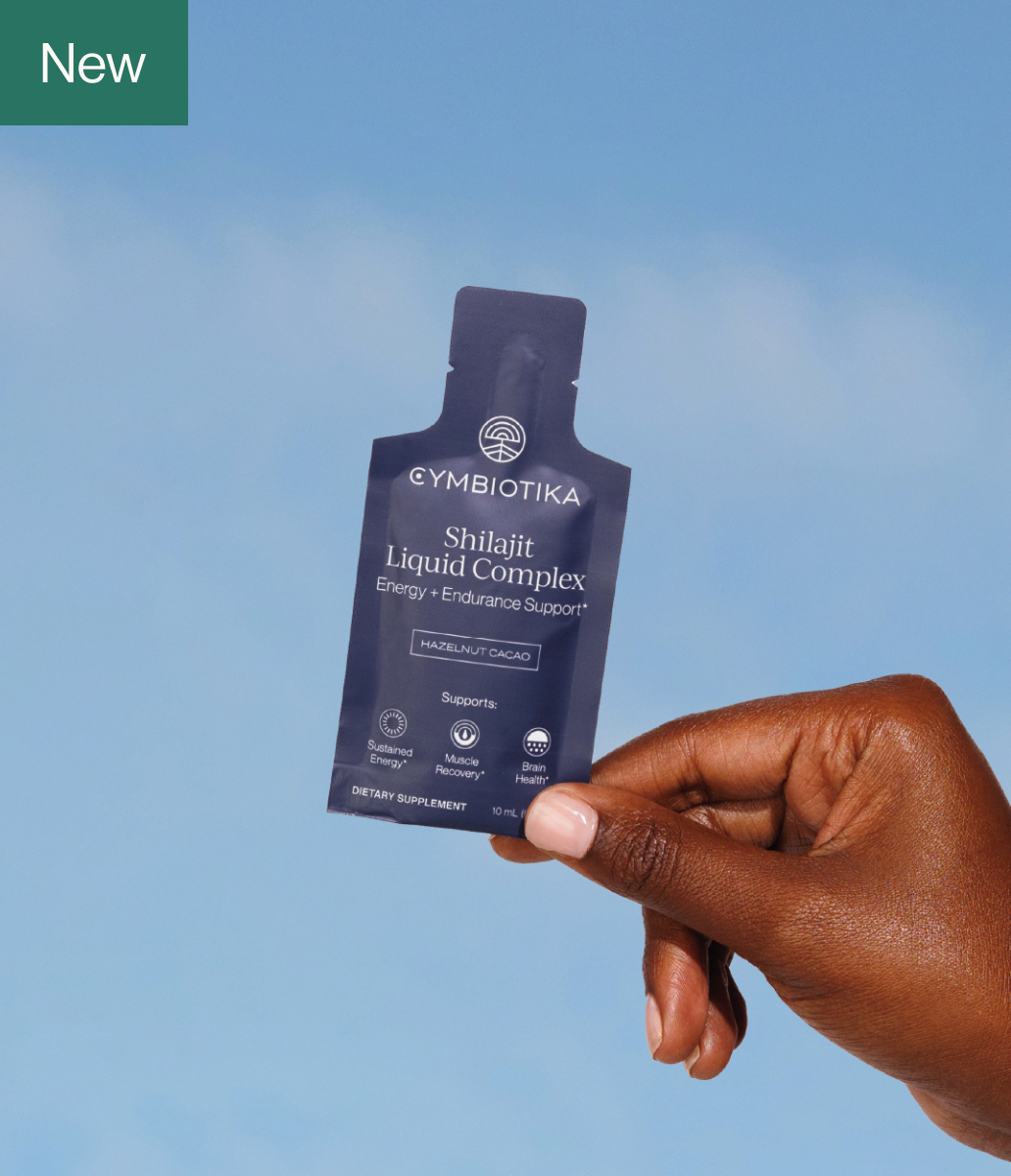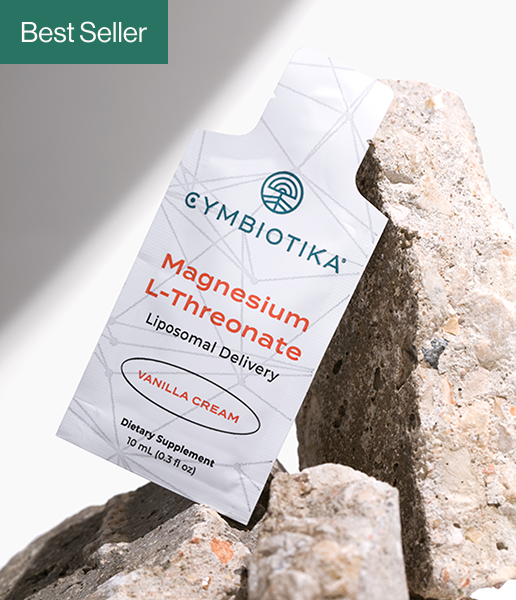
GLUTATHIONE
(GSH)
Glutathione The Master antioxidant found in every cell in the human body. GSH is naturally produced in the liver and under ideal circumstances, does an excellent job of alleviating free radical damage and oxidative stress.
As we age, our body’s GSH reserves decline as early as our mid twenties. This is why we call GSH the Youth Molecule. Today, we are exposed to all forms of stress and environmental toxins. Our depletion of this critical tri-peptide starts to outweigh our body’s production of it.
This is clearly why so many people are out of balance. When we introduce GSH in the right form, we can begin to see benefits in all areas of our health; better sleep, more energy, faster recovery, better digestion, decreased inflammation, brighter skin, increased physical performance, improved detoxification and much more.
Cleanse every cell in your body
Brain nootropic
Master antioxidant
Master probiotic
Rebuild gut wall
Detox liver
Refresh your skin
Alleviate auto immune issues
Safely build natural iron levels Our liver is the busiest organ, and is 24/7 looking out for us, cleaning and metabolizing. The liver has 3 main functions -
Clean the blood
Produce bile which aids digestion
Store energy (glycogen) Our liver breaks down toxins in our body which cause cellular damage, inflammation, and cognitive issues, like anger-resentment-frustration. Ancient Chinese medicine wizards believe that whoever has a stressed liver, has a stressed outlook on life. And they are right!
Fatty liver occurs when there is too much burden on its own ability to detox, and fat accumulates in the cells of the liver. When that occurs, the liver ceases to produce adequate amounts of GLUTATHIONE. Remember - GLUTATHIONE, is the MASTER ANTIOXIDANT. It’s the most abundant antioxidant in the body and can regenerate itself in the liver!
Glutathione actually protects the liver from inflammation and cellular damage, by neutralizing free radicals and oxidants.
We are in a toxin laden world - on all levels, the one who has a struggling liver is in TROUBLE. Cell death in the liver may be exacerbated by a deficiency in antioxidants, including glutathione. This can lead to fatty liver disease in both those who misuse alcohol and those who don’t. Glutathione improves protein, enzyme, and bilirubin levels in the blood of individuals with alcoholic and nonalcoholic chronic fatty liver disease. A study reported that glutathione was most effective when given to people with fatty liver disease through liposomal application.
Glutathione is an important antioxidant amino acid which protects against mercury toxicity. Glutathione is a tripeptide, made from the combination of three amino acids; L-glycine, L-glutamic acid, and L-cysteine. Studies have shown that GSH levels are decreased during cases of mercury toxicity. It is interesting to note that GSH deficiency resulting from genetic errors mimic the acute mercury toxicity effects of Minamata disease. Without adequate OSH, mercury from the environment cannot be detoxified and eliminated.
Glutathione detoxifies many pollutants, carcinogens and poisons, including many in fuel exhaust and cigarette smoke. It retards damage from radiation such as seen with loss of the ozone.(1)
“An increase in exercise intensity is one of the many ways in which oxidative stress and free radical production has been shown to increase inside our cells. Effective regulation of the cellular balance between oxidation and antioxidation is important when considering cellular function and DNA integrity as well as the signal transduction of gene expression. Many pathological states, such as cancer, Parkinson's disease, and Alzheimer's disease have been shown to be related to the redox state of cells. In an attempt to minimize the onset of oxidative stress, supplementation with various known antioxidants has been suggested. Glutathione and N-acetyl-cysteine (NAC) are antioxidants which are quite popular for their ability to minimize oxidative stress and the downstream negative effects thought to be associated with oxidative stress. Glutathione is largely known to minimize the lipid peroxidation of cellular membranes and other such targets that is known to occur with oxidative stress. N-acetyl-cysteine is a by-product of glutathione and is popular due to its cysteine residues and the role it has on glutathione maintenance and metabolism. The process of oxidative stress is a complicated, intertwined series of events which may be related to many other cellular processes. Exercise enthusiasts and researchers have become interested in recent years to identify any means to help minimize the detrimental effects of oxidative stress that are commonly associated with intense and unaccustomed exercise. It is possible that a decrease in the amount of oxidative stress a cell is exposed to could increase health and performance” (2)
Glutathione deficiency has been found to be virtually universal in autoimmune diseases. This deficiency has two major implications: detox failure and viral/microbial activation. Glutathione plays a major role in detoxification. This deficiency impairs the body’s ability to get rid of toxins.
Consequently, people slowly become toxic, storing away poisons in fatty tissue, muscles, organs and the brain. This cellular detox failure can make people canaries to their environment.
To detoxify successfully, this glutathione deficiency must be addressed.
Because glutathione is a potent antiviral and anti-microbial weapon, glutathione deficiency compromises antiviral and antimicrobial defenses, and actually stimulates viral replication. Raising glutathione levels inside the cells can stop the replication of almost any pathogen.
A glutathione deficiency compromises our ability to keep old viruses dormant and fight off bacteria. This is why so many people test positive for EBV, CMV, HHV6, Mycoplasma, and Chlamydia Pneumoniae, etc.
Indications are that glutathione can stop the replication of any intracellular microbe, including HHV6, Chlamydia Pneumoniae, and mycoplasma. Dr. Cheney found that some of his patients were becoming virus free after using a glutathione-creating undenatured whey protein for approximately 6 months. Showing that the increased levels of glutathione were indeed able to handle the viral infections.
There has been a good deal of research that shows how important glutathione is.
Immune depressed individuals have lower glutathione levels when fighting disease. Lymphocytes, cells vital for your immune response, depend on glutathione for their proper function and replication. (Immunology 61: 503-508 1987).
Cellular depletion of Glutathione has been implicated as a causative, or contributory factor in many pathologies including Parkinson's, Alzheimer's, cataracts, arteriosclerosis, cystic fibrosis, malnutrition, aging, AIDS and cancer (Bounous et al., 1991).
In addition, Glutathione is essential in supporting the immune system, including natural killer cells (Droege et al., 1997) and in the maintenance of T-lymphocytes (Gutman, 1998).
It is known that as we age, there is a precipitous drop in glutathione levels. Lower Glutathione levels are implicated in many diseases associated with aging, including Cataracts, Alzheimer's disease, Parkinson's, atherosclerosis and others. (Journal of Clinical Epidemiology 47: 1021-28 1994)
Antioxidants are well documented to play vital roles in health maintenance and disease prevention. Glutathione is our cell's own major antioxidant. Why not use what is natural? (Biochemical Pharmacology 47:2113-2123 1994)
Low glutathione has been demonstrated in neurodegenerative diseases such as MS (Multiple Sclerosis), ALS (Lou Gehrig's Disease), Alzheimer's, and Parkinson's, among others. (The Lancet 344: 796-798 1994)
Glutathione detoxifies many pollutants, carcinogens and poisons, including many in fuel exhaust and cigarette smoke. It retards damage from radiation such as seen with loss of the ozone. (Annual Review of Biochemistry 52: 711-780 1983).
The liver is the main detoxification organ of the body. In the liver we find very high concentrations of glutathione, as it is a major factor in numerous biochemical detoxification pathways. Numerous studies have demonstrated that patients with compromised liver function due to alcohol abuse have significant reduction of glutathione in the liver. (Lamestro, 1995)
Glutathione is essential for the maintenance of Vitamin C and vitamin E levels according to Martensson. He found that as glutathione levels decreased, a corresponding decrease in ascorbic acid and vitamin E followed, which led to systematic mitochondrial death, which in turn leads to a cessation of cellular metabolism.
(It is this mitochondrial death, at first just a dysfunction, that may cause the fatigue found in autoimmune illnesses.)
The over-toxicity causes extensive free radical damage. Inhibits cellular function. Disrupts energy production by the mitochondria. Consequently the primary energy the cells produce is anaerobic which leads to extensive lactic acid buildup in the cells. And more toxicity.
Cheney explains that fatigue becomes worse. Pain increases. You feel sicker. Memory suffers as toxins and free radicals damage the brain, and not enough oxygen gets into the brain. Deep brain structures like the hypothalamus eventually are injured and cause problems with virtually every hormone in your body. They lose their ability to rise and fall according to signals or demands from the body making it harder to respond to changing situations. Actual damage to the DNA of the energy producing mitochondria can occur. Further limiting energy.
As toxins cause free radical damage, you end up with low levels of all the free radical scavengers. They get used up dealing with excessive free radicals produced by the excessive toxins.
Some researchers believe that supplements other than oral glutathione may be more effective in raising blood levels of glutathione. For example, in one trial, blood glutathione levels rose nearly 50% in healthy people taking 500 mg of vitamin C per day for only two weeks.Vitamin C raises glutathione by helping the body manufacture it. In addition to vitamin C, other nutritional compounds that may, according to preliminary research, help increase glutathione levels include alpha lipoic acid,11 glutamine,12 methionine,13 S-adenosyl methionine (SAMe),14 and whey protein.15 Vitamin B6, riboflavin, and selenium are required in the manufacture of glutathione.
Glutathione is the most important detoxifying agent in the body to get rid of undesirable toxins such as BLPs produced by borrelia. It forms a soluble compound with the toxin that can then be excreted through the urine or the gut. The liver and kidneys contain high levels of glutathione as they have the greatest exposure to toxins. The lungs are also rich in glutathione partly for the same reason. Glutathione is a small molecule found in almost every cell. It cannot enter most cells directly. Instead glutathione must be synthesized inside the cell from its three constituent amino acids: glycine, glutamate and cysteine.
The rate at which glutathione can be made depends on the availability of cysteine, which is relatively scarce in food. Furthermore, the cysteine molecule has a sulfur-containing portion which gives the whole glutathione molecule its ‘biochemical activity’, i.e. its ability to carry out its vitally important functions. Glutathione is the major antioxidant produced by the cell, protecting it from ‘free radicals’ (‘oxygen radicals’, ‘oxyradicals’). These highly reactive substances, if left unchecked, will damage or destroy key cell components (e.g. membranes, DNA) in microseconds. Oxyradicals are generated in the many thousand mitochondria located inside each cell, where nutrients like glucose are burnt using oxygen to make energy. (Mitochondria can be thought of as the batteries that provide the power for the cells to operate). High levels of oxyradicals are also generated from inflammation or immune dysfunctions such as in chronic LD.
Thus, glutathione is required in many of the intricate steps needed to carry out an immune response. For example, it is needed for the lymphocytes to multiply in order to develop a strong immune response, and for ‘killer’ lymphocytes to be able to kill undesirable cells such as cancer cells or virally infected cells. The importance of glutathione cannot be overstated. It has multiple roles as indicated and, indeed, as one examines each system or organ more closely, the necessity for glutathione becomes increasingly evident. Glutathione values decline with chronic disease and age. Higher values in older people are seen to correlate with better health, underscoring the importance of this remarkable substance for maintaining a healthy, well-functioning body.
FOUND IN THE FOLLOWING PRODUCT(S)
Works Cited & Clinical Studies
1. Annual Review of Biochemistry 52: 711-780 1983.
2. The Antioxidant Role of Glutathione and N-Acetyl-Cysteine Supplements and Exercise-Induced Oxidative Stress
3. Glutathione
4. Efficacy of glutathione for the treatment of nonalcoholic fatty liver disease: an open-label, single-arm, multicenter, pilot study
5. Glutathione in the treatment of chronic fatty liver diseases
6. Glutathione Synthesis Is Diminished in Patients With Uncontrolled Diabetes and Restored by Dietary Supplementation With Cysteine and Glycine
7. The Antioxidant Role of Glutathione and N-Acetyl-Cysteine Supplements and Exercise-Induced Oxidative Stress
8. Oxidative stress and regulation of glutathione in lung inflammation
9. Glutathione metabolism and its implications for health
You've unlocked a FREE gift!
Select a FREE product of your choice!
Golden Mind order processes.
Topical Magnesium order processes.
You're away from a FREE gift!
Add any of the products below to unlock your free gift.









More subscriptions, more savings
1
10% off
2
15% off
3
20% off
4
25% off
5
30% off
Want to save? Add a subscription to get 10% off on it!













